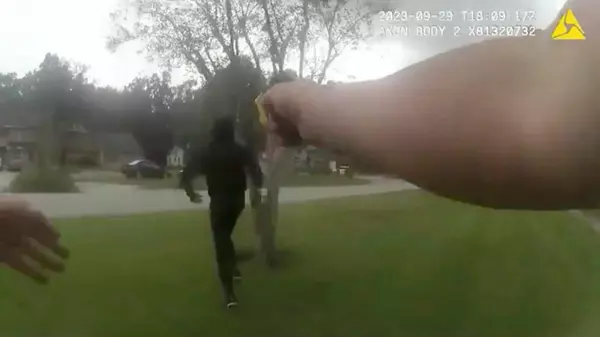
How does a football club serve its local community in 2023? To take a brief survey of the concourse of the Eco-Power Stadium on a chilly autumn afternoon, the answer would appear to involve dumbbells, battle ropes and a big battery-powered speaker playing Billy Joel’s Uptown Girl.
Doncaster Rovers’ Fit Families programme won an EFL award this year. A scheme described by judges as “the first of its kind”, it is run by the club’s charitable foundation. On this day, the focus is on new mothers; the gym equipment and pumped-up 80s hits part of an hour of circuit training (the babies are plonked in the middle in their strollers for the duration). It’s fun, inclusive and free. It’s also providing a social service to the local community that otherwise wouldn’t exist.
Anna McWade is in attendance with her 18-month-old son, Jude. She explains the interlocking reasons that brought her to the scheme. “There’s multiple aspects to it really,” she says. “I’ve had lots of problems around my pregnancy, a lot of physical issues, a lack of mobility. The course offers exercises that were tailored to what I was capable of and nutritional advice, but it also does baby first aid, something I recommend everyone should do but is usually quite expensive. Having come from outside of the area, I’ve now got a whole group of friends and activities because I started doing this. I wouldn’t have had a lot of what has been there for me the past 12 months without the course.”

Physical and mental wellbeing, community building, life skills; the mothers and babies programme hits a lot of notes. That’s in part because it has to. Doncaster is one of the most impoverished places in England, where a third of children are living in poverty and 41% of residents fall into the bottom 20% of incomes nationwide. Women in Doncaster have the third-worst healthy life expectancy in the country, with an average of 24 years spent living with ill health (for men this figure is 21 years).
Combine this with a crisis in mental health exacerbated by the isolation of the pandemic and every penny spent on helping the local population needs to go a long way. So the Eco-Power Energy Stadium is not just a place where mothers with babies can learn and get fit. It’s where men, as many as 90 on a given night, can gather to talk and get moving. It’s a place where recently arrived asylum seekers can forget their troubles with a kickabout. Then there’s the football coaching that goes on in local communities and at 20 schools. More than 1,200 people are interacting with the foundation’s services.
“Nobody’s got any money,” says Nick Gillott, head of the Club Doncaster Club Foundation. “Everything’s shut. Nothing’s doing. There’s no doubt our work is getting harder.” Gillott has a cheery demeanour that belies the scale of the task he and his 33 staff are trying to take on. A philosophy of going the extra mile has led the foundation to run a fundraising drive to buy two pallets full of toys for struggling families at Christmas. “We are open 50 weeks a year but we’re closed over Christmas and I hate it,” Gillott says. “For some people their sessions here are the only contact they have with other people.”

To spend time with Gillott and his team during the EFL’s Week of Action is inspiring and sobering. People such as Carol Haith, who worked in the club shop for 16 years before she retired and does 12-hour volunteering shifts at the foundation, represent the commitment and sense of community that has made the work a success. There is consistent support from the club, too. When young asylum seekers showed up for training with only flip-flops on their feet, the first-team squad donated kit and boots for 63 people to be able to play.
“We run a lot of projects for asylum seekers, for Muslim women, they’ve got nothing,” says Lauren Cuttell, the foundation’s health and wellbeing manager. “Sometimes we look at it and think there’s only so much we can do, but then we come up with a plan and think how to work around it. We realise we’ve been able to do something greater than we ever thought we could.”
The ability to find a way to make change does come up against hard limits. Gillott notes that obtaining any kind of funding is getting harder, with the sums of money smaller and the periods of funding shorter. T he foundation hopes to team up with other Yorkshire clubs to see whether there’s a way to go further out to reach the people who need it.

Football clubs are often described as being at the heart of their community. It’s a phrase that was latched on to by government when their plans for levelling up were reduced to the act of introducing an independent regulator to the national game. In Doncaster, it’s impossible to argue with such a sentiment. The club is one of the last remaining institutions in the city to which everyone can feel a sense of belonging. It is also a place where people can gather, learn and enjoy without expectation or judgment. With perhaps the exception of 3pm on a Saturday.







